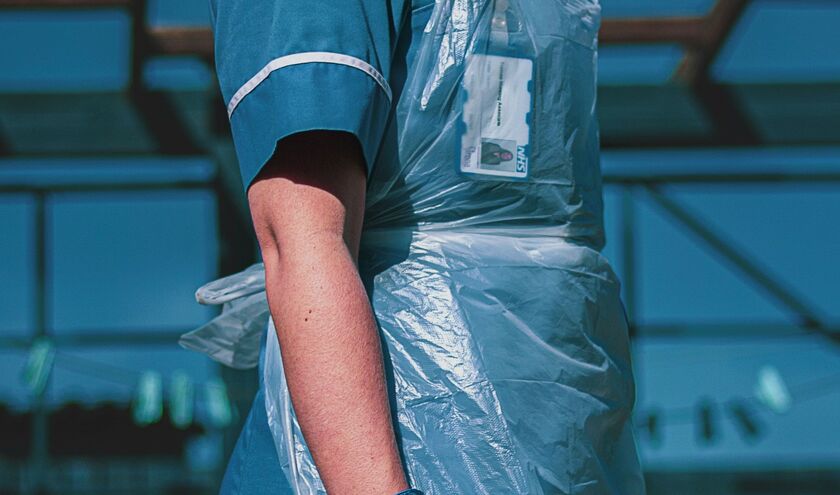The survey by the Royal College of Nursing, of more than 20,000 UK nursing staff, shows that 66% admit to working when they should be on sick leave multiple times a year, up from 49% in 2017. Stress is the biggest cause of illness given by staff in the survey (65.1%), up from 50% in 2017. The numbers reporting working while sick and citing stress as the leading cause both hit eight-year highs.
Meanwhile, 70.4% are working in excess of their contracted hours at least once a week, 52.1% of whom do so unpaid.
The RCN has separately revealed it is receiving an average of six calls a day from members over staffing levels in their place of work, with nursing staff saying they are having panic attacks and nightmares, unable to safely take toilet or lunch breaks or even annual leave and suffering exhaustion and burnout. The number of calls is expected to reach 2,175 from members related to staffing issues by the end of this year, up from 2,026 in 2024 and 1,837 in 2023. The RCN says the real figures are likely much higher, with often only the most serious cases getting reported to trade unions when members seek legal advice or support.
The RCN says responses to its survey and calls to its advice line are ‘yet more cold, hard evidence' that there are too few nursing staff to safely care for patients. There are currently more than 25,000 nursing vacancies across England in the NHS alone.
RCN general secretary and chief executive, Professor Nicola Ranger, said: ‘Nursing staff strive to do their best for every patient on every shift, but they are left with the impossible task of caring for dozens and sometimes over a hundred at a time. This is hugely detrimental to patient outcomes, but there also needs to be action to address the devastating impact on staff themselves. The reality is they're not breaking; many are already broken.
‘These findings are yet more cold, hard evidence that there are simply too few nursing staff to meet growing demand. New and urgent investment is desperately needed to grow the nursing workforce, ensuring staff are able to work in a safe environment and that patients get the best care. This must be accompanied by the introduction of safety-critical nurse-patient ratios in all health and care settings.'
In response, chief executive of NHS Providers Daniel Elkeles, said: ‘It's really concerning that anxiety, stress, depression and other psychiatric illnesses have consistently been the most reported reasons for sickness across all staff groups for a long time.
‘For many colleagues, these pressures will only be compounded by resident doctors' industrial action, as they work to ensure patient safety and – as far as possible – keep services going.'
He added: ‘It's important that trusts can invest in first-class occupational health services including mental health support for their staff. They want to create conditions where individuals can thrive in teams with well-trained line managers.
'The forthcoming 10-Year Workforce Plan presents an opportunity for a fundamental reset on staffing to ensure NHS staff feel respected, valued and supported.'
The full findings from the RCN's Employment Survey, the largest national survey into the nursing profession, will be released next month.



